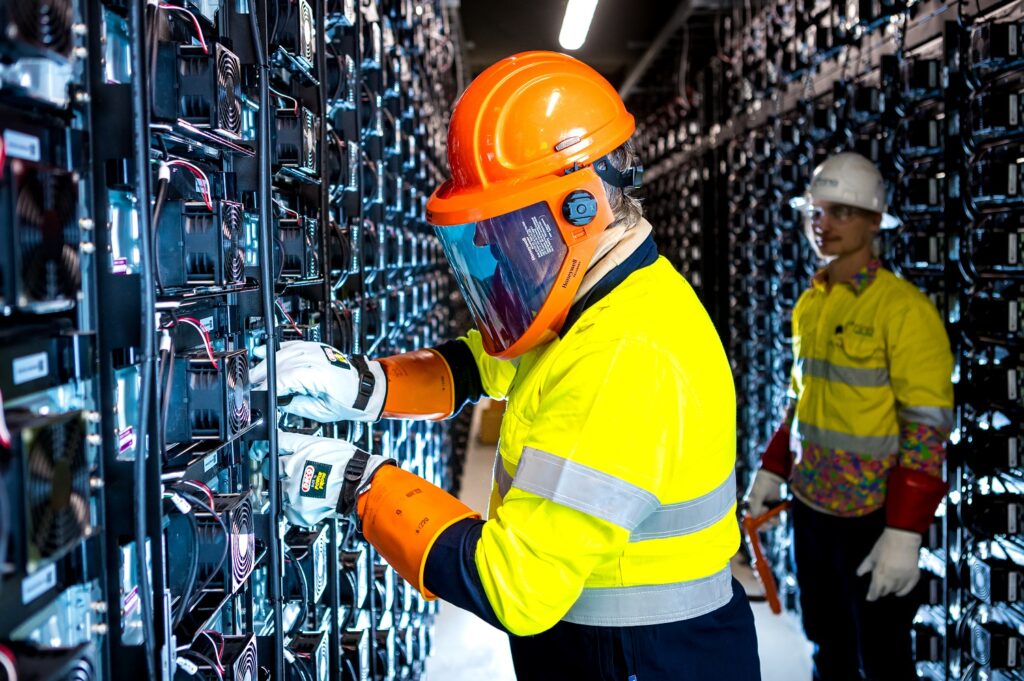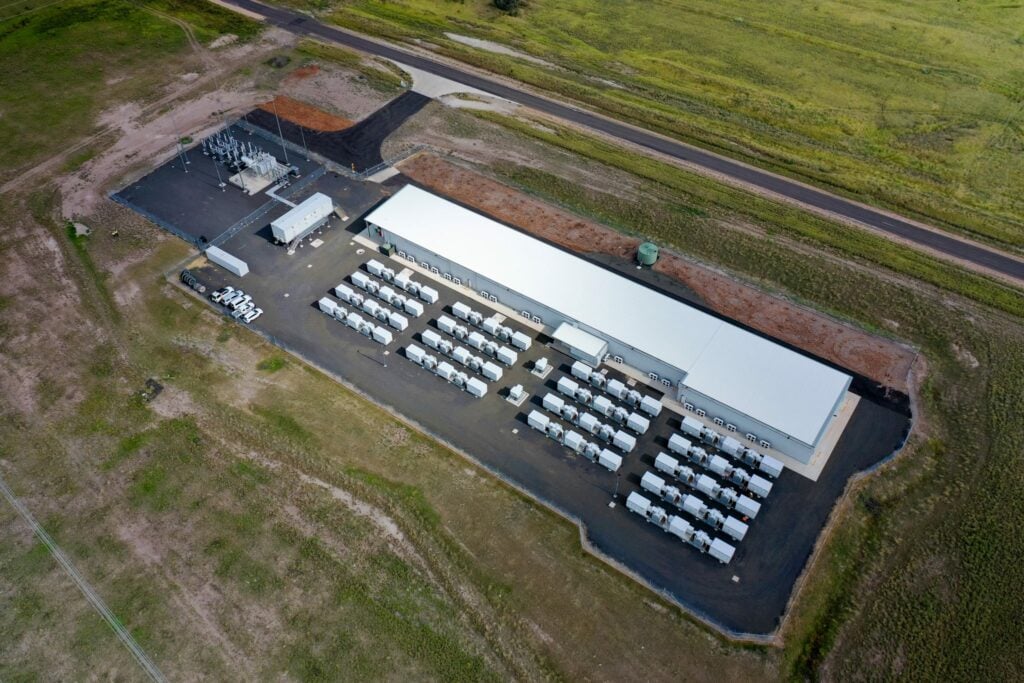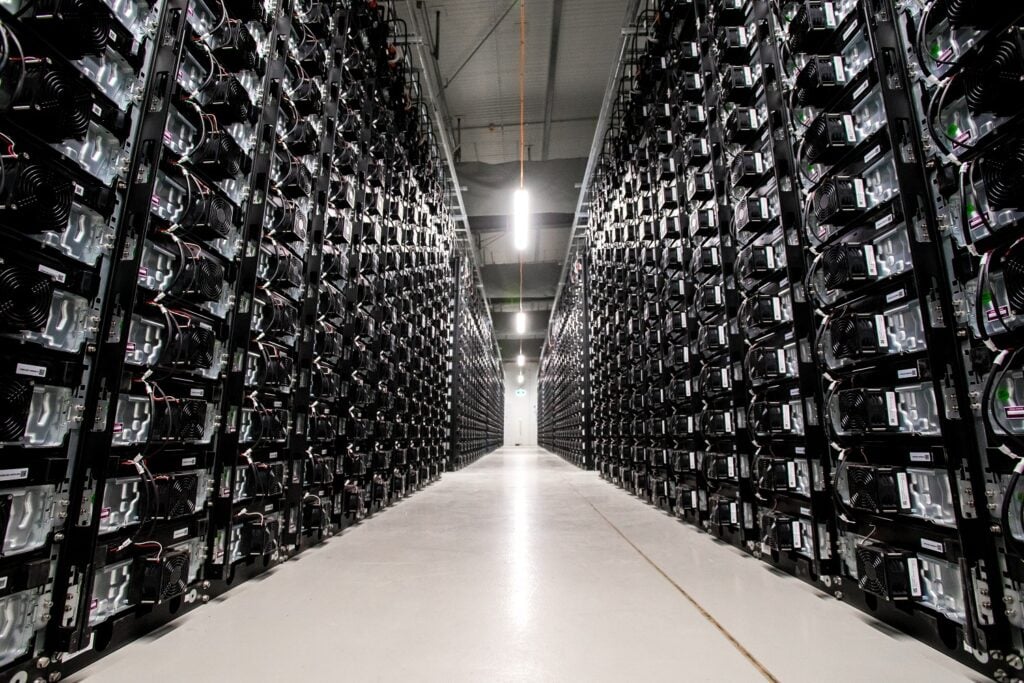
The 100MW/150MWh Wandoan South BESS project is the largest grid-scale battery storage project in Queensland, Australia. That in itself is significant of course, but it isn’t just the scale of the project that’s notable. Its commissioning, announced in August, came amid a series of serious challenges, writes Joel Bunter, project manager for electrical contractor NRG Services.
Logistical challenges including a skilled labour supply shortage, the Suez Canal blockage, Covid-19, downturns in global manufacturing and extreme weather could not stop NRG Services in delivering one of the largest grid-scale battery storage projects in Australia, on time.
Enjoy 12 months of exclusive analysis
- Regular insight and analysis of the industry’s biggest developments
- In-depth interviews with the industry’s leading figures
- Annual digital subscription to the PV Tech Power journal
- Discounts on Solar Media’s portfolio of events, in-person and virtual
The battery energy storage system (BESS), a joint project between Vena Energy, Doosan GridTech and NRG Services, was also the first large-scale battery installed within the state of Queensland.
The BESS was constructed in Wandoan South in the Surat Basin, 340km north-west of Brisbane in a tight, 10-month timeframe despite numerous logistical challenges.
The AUD$120 million (US$81 million) project was recently commissioned and can store up to 150MWh of energy—enough to power about 57,000 average homes each year.
The 50-strong site team in Wandoan was tested by environmental factors such as strong winds, temperatures ranging from a blistering 40°C (104°F) in summer to -2°C in winter and heavy rain.
Extreme weather was only part of the challenge in delivering Queensland’s largest BESS. Covid-19 meant supply chains were painfully slow, with components manufactured in Spain, the USA, Malaysia and the Philippines held up by lockdowns.
The Suez Canal blockage only compounded this, with the delivery of many of the project’s vital components delayed.
However, the project team worked through these challenges to deliver the project on time and with zero lost time injuries.
The team overcame the logistical and weather challenges by remaining flexible.
By restructuring the program, we were able to effectively deliver the project. We flipped the program while waiting for the necessary battery components.
We had to refocus our priorities when we discovered the majority of battery components would be delayed.
The expected delivery date for the components was late March, but was pushed back to May, so we brought forward different tasks which required a greater workforce much earlier in the programme.


‘Crucial role’ in resolving energy intermittency
Fortunately, even though we were in the midst of the second and then third COVID-19 wave, we had access to a skilled team from NRG Services, with the shortfall made up from a local labour hire company.
The labour hire was comprised of skilled international workers living in Australia and hailing from the UK, Spain and South America.
It was very much a global team which was great, providing a real cultural exchange on site.
Supervision and communication became vitally important on site.
We had to engineer solutions which involved using mechanical aids to maximise our available labour. The project threw up a lot of challenges but with some teamwork, using available machinery and careful planning, we were able to deliver the project.
The Wandoan South BESS project will help support Australia’s green energy targets, which were significantly brought forward, following the recent change in government.
After recent power outages in Queensland, the BESS will also create grid stability and deliver stable, more sustainable green energy future for Queensland, Australia’s second largest state.
Testament to its success, Wandoan South BESS has been recognised independently, including winning Battery Storage Deal of the Year at the annual The Asset Triple A Infrastructure Awards and was shortlisted as a finalist for the 2022 Clean Energy Council’s Innovation Awards.
The Wandoan BESS is comprised of 21,896 individual Samsung M3 battery modules in 816 Samsung dual rack frames. The project required 11km of Instrument cabling which the team meticulously slaid, in addition to security, fire detection and gas suppression systems.
Wandoan BESS is one of Australia’s largest DuctSox installations with a 1.8MW battery cooling system and integration of the site’s weather station.
“The Wandoan South Battery Energy Storage System will play a crucial role in resolving the intermittency of renewable energy and enable us to accelerate the energy transition in Australia. We look forward to the support of our partners, as well as the host communities as we continue to contribute to a more sustainable future,” says Duncan Mortimer, Executive General Manager, Vena Energy Australia.
Wandoan South BESS – fast facts:
- AUD$120 million (US$81 million) project
- 100MW output, 150MWh energy
- First large-scale battery installed in Queensland
- Project team of 50, with 35 from NRG Services and 15 from a labour hire company
- 10-month project timeline spanning two COVID-19 waves
- Located in Wandoan in the Surat Basin, 340km north-west of Brisbane, Queensland, Australia
- 21,896 Samsung M3 battery modules in 816Samsung dual rack frames
- 11km Instrument cable installed
- One of Australia’s largest DuctSox installations with a 1.8MW battery cooling system
- The project was delivered by NRG Services in conjunction with Vena Energy and Doosan GridTech.
About the Author
Joel Bunter is an experienced Project Manager and a senior member of the NRG Services team. He holds qualifications in project management with an electrical and communications trade services background. Joel has 12 years within the industry.
Energy-Storage.news’ publisher Solar Media will host the 1st Energy Storage Summit Asia, 11-12 July 2023 in Singapore. The event will help give clarity on this nascent, yet quickly growing market, bringing together a community of credible independent generators, policymakers, banks, funds, off-takers and technology providers. For more information, go to the website.

